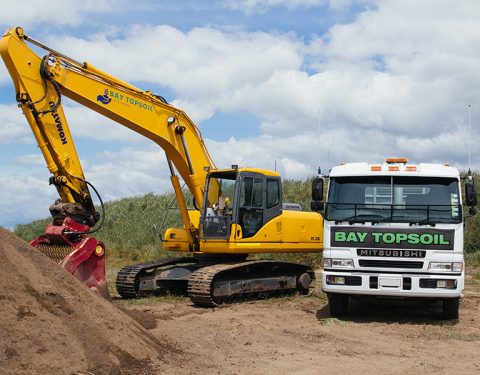When planning a thriving garden in Tauranga, mulch choice plays a pivotal role in soil health, plant growth, and overall aesthetics. Homeowners and landscapers alike often compare two popular options: tauranga topsoil paired with quality mulch, and the choice between Forest Floor Bark and Aged Arborist Mulch. Understanding their differences will help you make the best decision for your Bay of Plenty garden.
Understanding the Basics of Each Mulch
What is Forest Floor Bark?
Forest floor bark is a mulch derived from the natural bark found on the forest floor. It has a rich, dark appearance and is prized for both its nutrient benefits and natural look. Available in floating and non-floating varieties, it’s a versatile option for residential and commercial gardens.
What is Aged Arborist Mulch?
Aged arborist mulch is made from tree trimmings and branches chipped by professional arborists, then left to age for several months. This aging process allows for partial decomposition, which helps create a nutrient-rich medium for your plants.
Key Benefits Compared
Soil Enrichment and Nutrient Release
Aged arborist mulch generally decomposes faster, feeding the soil with organic matter more quickly. Forest floor bark, while slower to break down, still provides steady enrichment over time.
Moisture Retention Capabilities
Both mulches excel at holding moisture in the soil. However, aged arborist mulch has a slightly higher water retention capacity due to its mixed particle sizes.
Weed Suppression Effectiveness
Forest floor bark forms a tighter mat, which can be more effective in blocking sunlight and reducing weed growth.
Erosion Control and Aesthetic Impact
Forest floor bark tends to lock together, making it better for erosion control on sloped areas. Its uniform dark look also gives gardens a neat, professional appearance, while aged arborist mulch offers a more rustic, varied texture.
Floating vs Non-Floating Forest Floor Bark
Benefits of Floating Type
The floating type is lighter, easier to spread, and perfect for quick coverage over large areas.
Benefits of Non-Floating Type
The non-floating option stays in place during heavy rain, making it ideal for wetter parts of Tauranga and the Bay of Plenty.
Choosing the Right Mulch for Your Bay of Plenty Garden
Climate & Rainfall Considerations
Tauranga’s moderate climate with periodic heavy rains means erosion resistance can be important—pointing some gardeners towards non-floating forest floor bark.


Recent Comments